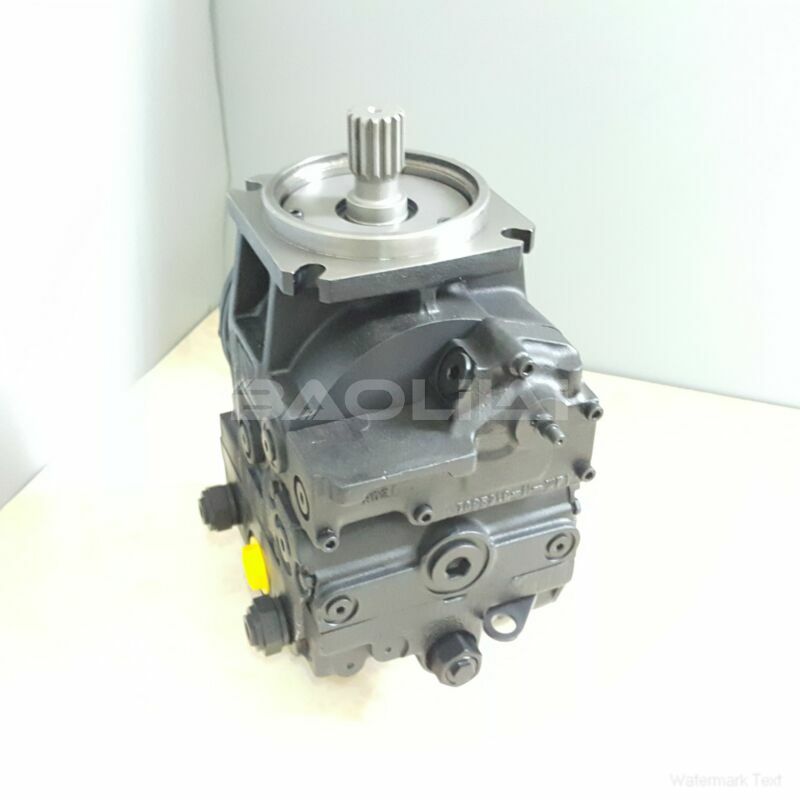90R130KP5NN80L3F1F03GBA424228 hydraulic pump
90R130KP5NN80L3F1F03GBA424228 hydraulic pump

- Product Details
- Applicable Scene
Hydraulic pumps are integral components in the management and treatment of wastewater, playing a crucial role in ensuring that water is effectively transported, treated, and returned to the environment safely. As urbanization and industrial activities continue to grow, the demand for efficient wastewater management systems has increased. Hydraulic pumps facilitate this process by moving wastewater through various stages of treatment and disposal.
90R130-KP-5-NN-80-L-3-F1-F-03-GBA-42-42-28
90R130KP5NN80L3F1F03GBA424228
One of the primary functions of hydraulic pumps in wastewater management is to transport sewage from residential and industrial sources to treatment facilities. Wastewater must be moved from lower elevations to higher ones, and hydraulic pumps provide the necessary pressure to overcome gravitational forces. Submersible pumps, for example, can be placed directly in wastewater pits, allowing them to lift sewage efficiently. Additionally, centrifugal pumps are widely used due to their ability to handle large volumes of fluid with relatively low maintenance requirements.

701402
Once wastewater reaches treatment facilities, hydraulic pumps continue to play a vital role. They are used to circulate and mix wastewater in various treatment processes, including aeration tanks, where microorganisms break down organic materials. The proper mixing of water, air, and microorganisms is essential for maximizing the efficiency of biological treatment systems. Hydraulic pumps are also involved in the filtration and disinfection processes, ensuring that treated water meets regulatory standards before being released back into the environment.
Another important application of hydraulic pumps in wastewater management is in the handling of sludge. After the treatment process, residual sludge must be transported to dewatering facilities or landfills. Hydraulic pumps assist in the removal of sludge from settling tanks and other processing units, making it easier to manage and treat this byproduct. Effective sludge management is critical to maintaining a sustainable wastewater system, as improper handling can lead to environmental pollution.





